| Rus | Eng |
Doctor Honoris Causa award ceremony took place at Paul Sabatier University of Toulouse III, France on October 08, 2014. This award, named Doctor Honoris Causa, is the highest of the French University since the 17th century, that honors the excellence of eminent scientists and is giving for outstanding achievements in science and education.

Four famous scientists received the honor that time from the President of Paul Sabatier University, Prof. Bertrand Monthubert : Dr. Yury GOGOTSI (Drexel University, USA), Dr Jaime BOSCH (University of Barcelona, Spain), prof. M. Guy-Bernard CADIERE (Free University of Brussels, Belgium), prof. Naruya SAITOU (National Institute of Genetics , Japan).
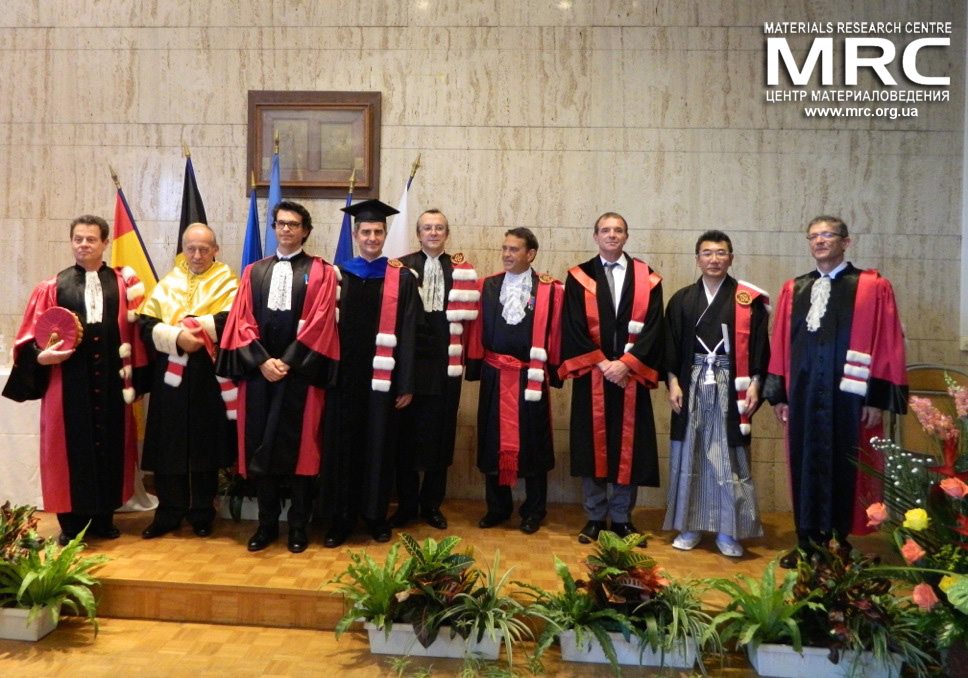
Yury GOGOTSI – Distinguished University and Trustee Chair Professor, Director of A.J. Drexel Nanotechnology Institute, USA.
He also holds appointments in the Departments of Chemistry and Mechanical Engineering and Mechanics at Drexel University and serves as Director of the A.J. Drexel Nanotechnology Institute. He is a specialist in the synthesis and characterization of materials, especially carbon materials. He also reported carbon transformation of diamond to graphite under compression, opening the way for the possibility of diamond machining (Nature 1999).
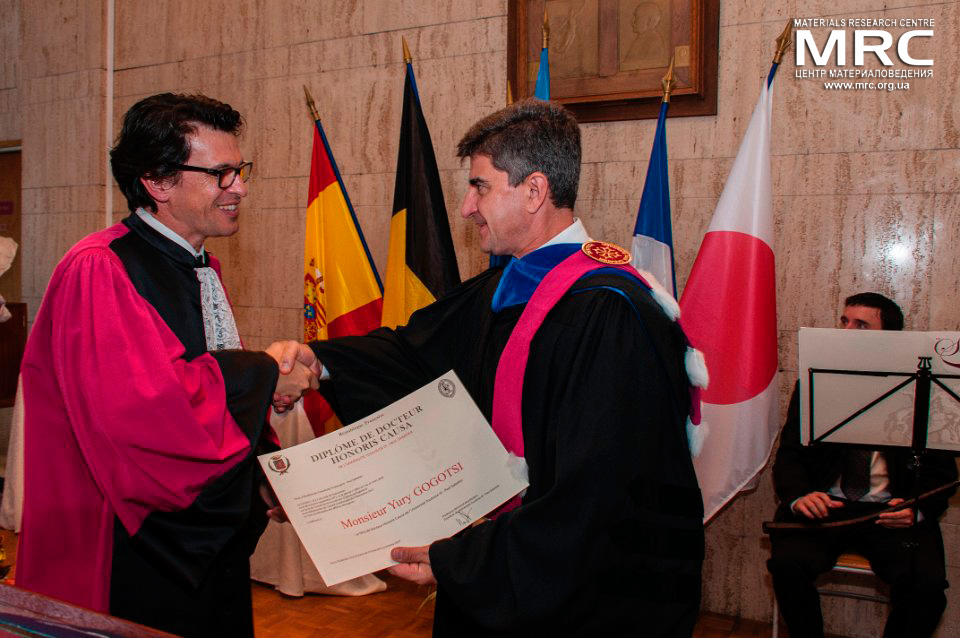
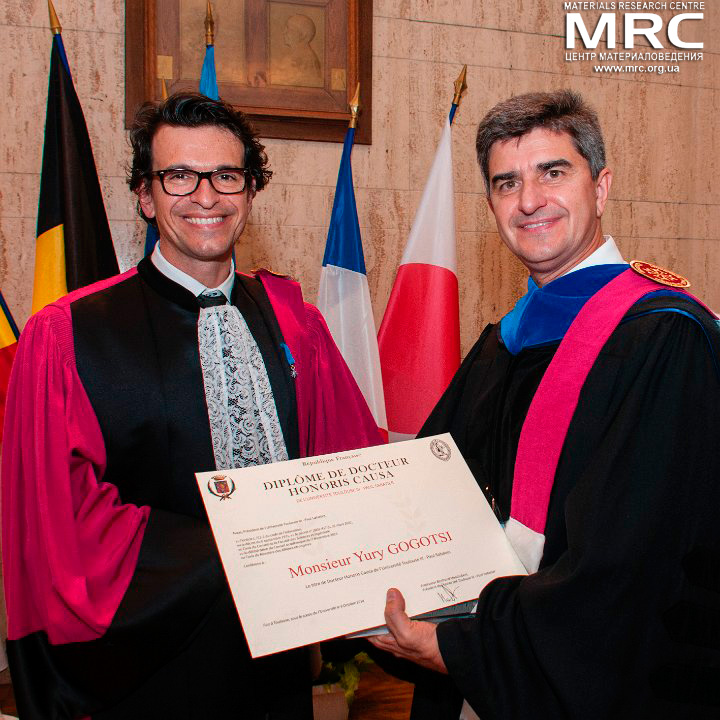
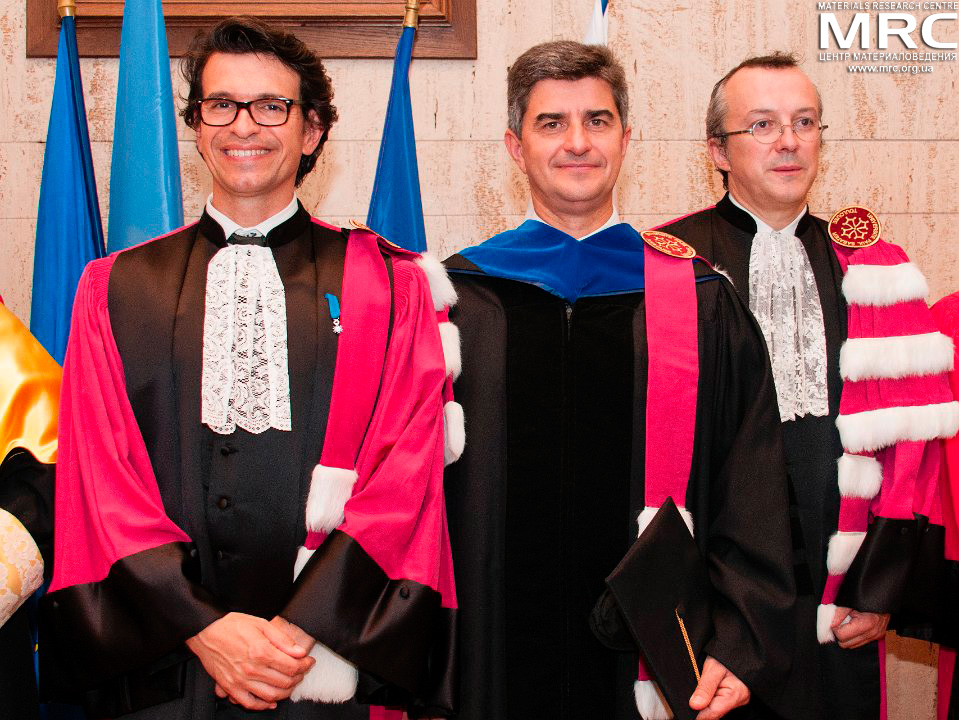
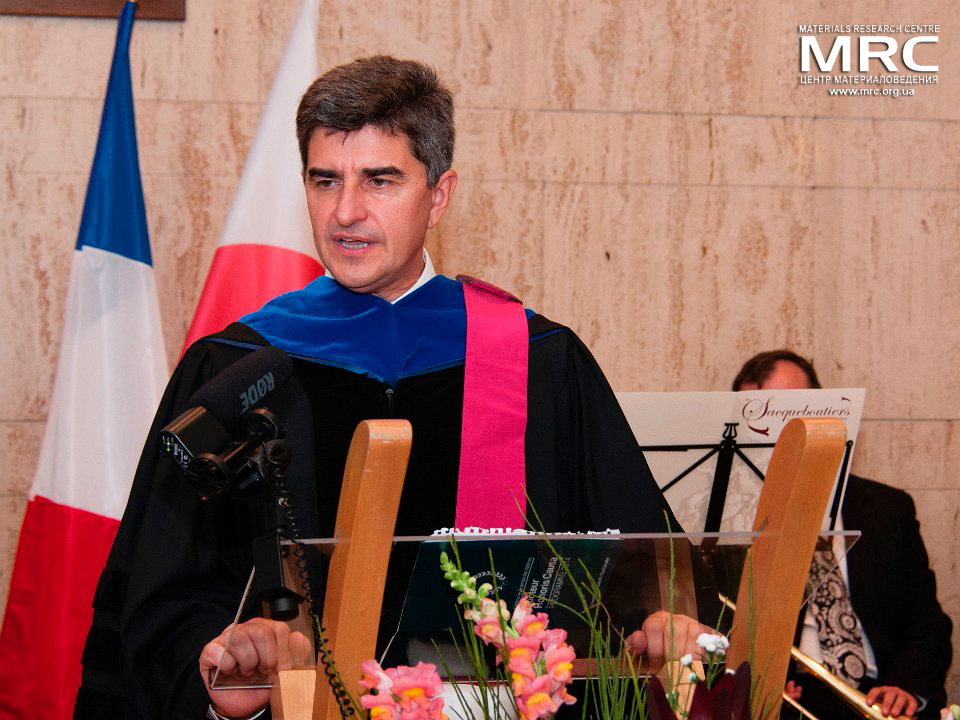
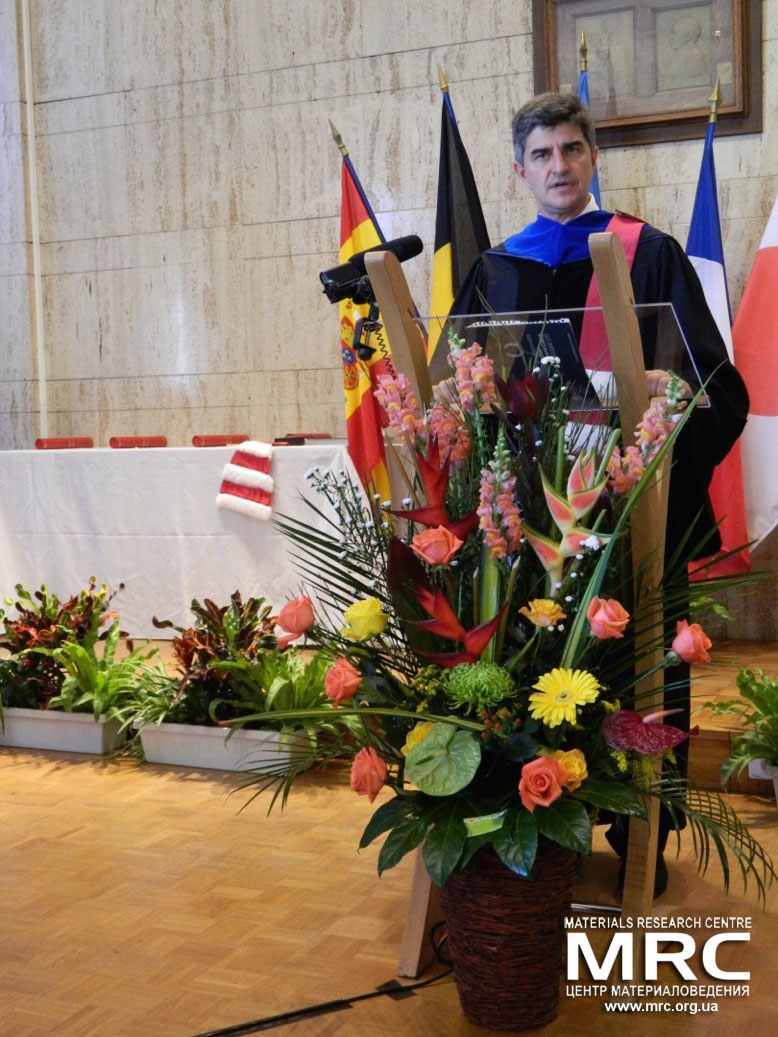
Jaime BOSCH - Dr Jaime Bosch is currently Professor of Medicine and Chief of Hepatology Section at the IMD, Hospital Clinic, University of Barcelona, Spain. Since 2000, Dr Bosch has been the Coordinator of the Department of Liver, Gastroenterology and Metabolism at the Institut d’Investigació Biomèdica August Pi i Sunyer, Barcelona, and Research Coordinator of the Institut de Mlalties Digestives, Hospital Clínic, Barcelona. He is also the Coordinator of the National Network of Research in Hepatology and Gastroenterology. His particular research interests are the pathophysiology and treatment of portal hypertension. Dr Bosch is a fellow of the ACD, Asociación Española para el Estudio del Hígado, European Association for the Study of the Liver, American Association for the Study of Liver Diseases and IASL.
M. Guy-Bernard CADIERE - Professor of Free University of Brussels, Belgium, Chief of G.I. surgery, Saint Pierre University Hospital, Brussels, Belgium. Professor Guy-Bernard Cadiere is Doctor of Medicine and also holds a PhD in science. He is one of the world leaders in the field of laparoscopic surgery. He developed especially obesity surgery and robotic surgery. He was the first to operate with the Da Vinci robot, a patient with gastroesophageal reflux. The Americans asked him to perform for the FDA (Food and Drug Administration) the first intervention with a ring gastroplasty for obesity.
Naruya SAITOU - Professor, Division of Population Genetic, National Institute of Genetics , Mishima, Japan. Professor Naruya Saitou is a Doctor of Science (Ph. D), specializing in phylogenetic reconstruction and the evolution of genes. He is the inventor of the method of reconstruction of phylogenetic trees. He created new methods of phylogenetic reconstructions based on multidimensional networks. He was closely involved in the study of the evolution of genes involved in the control of embryonic development and blood group genes.Professor Saitou Naruya received honorary awards such as 'Research Promotion Award, Genetics Society of Japan' and 'The 12th Academic Award, Kihara Memorial Foundation'.
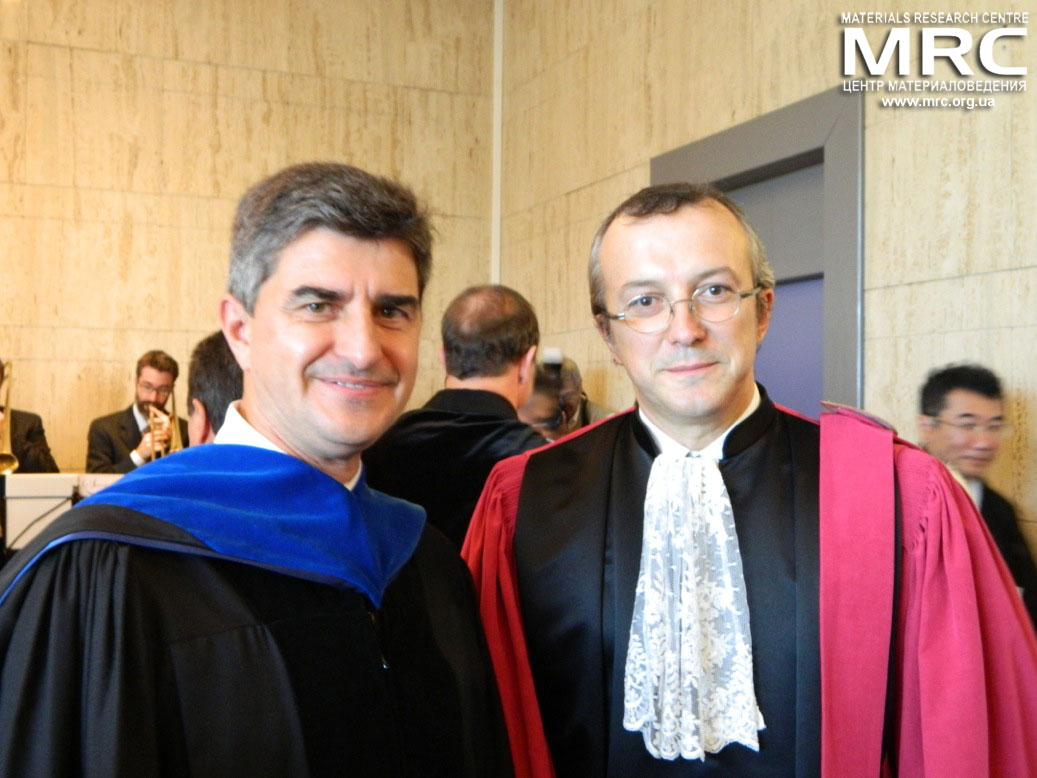
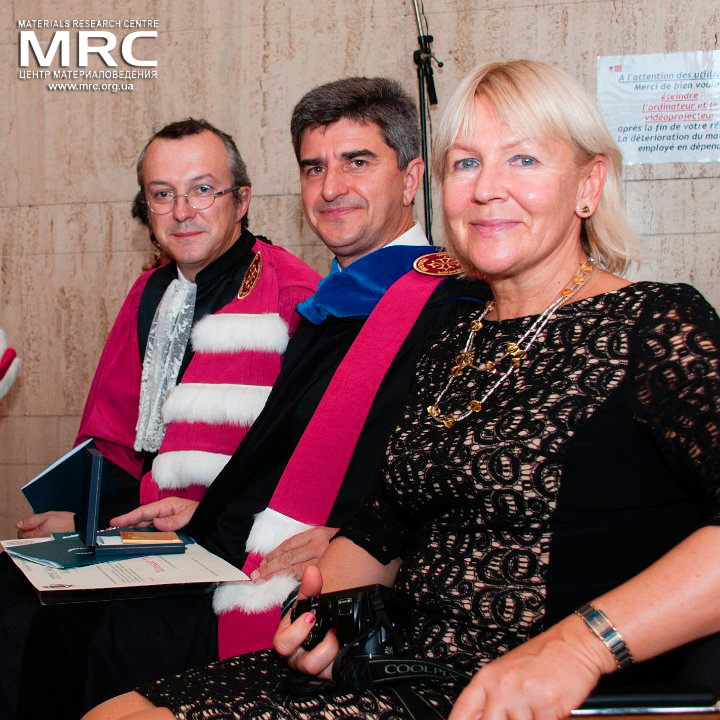
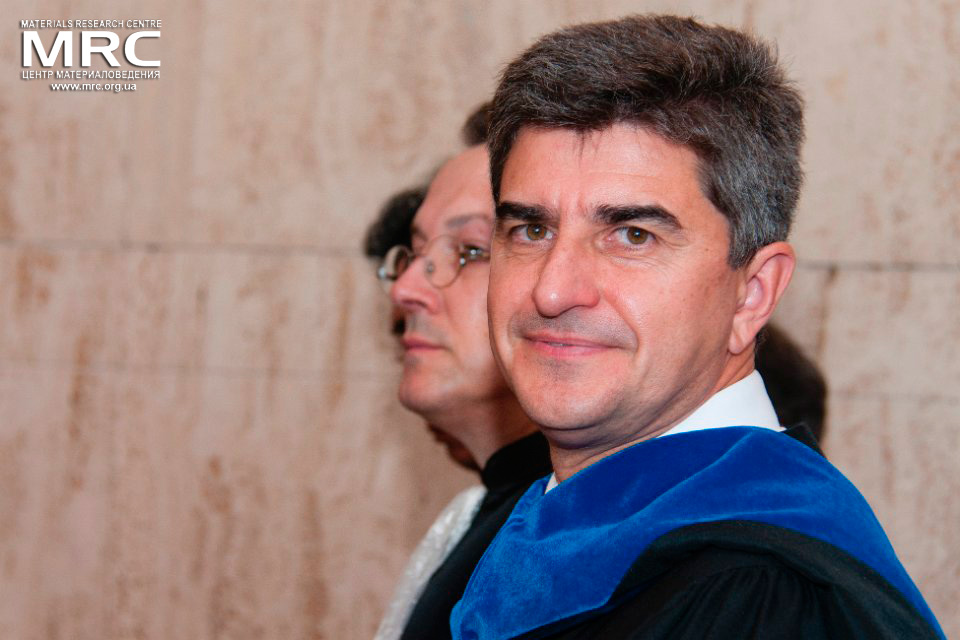
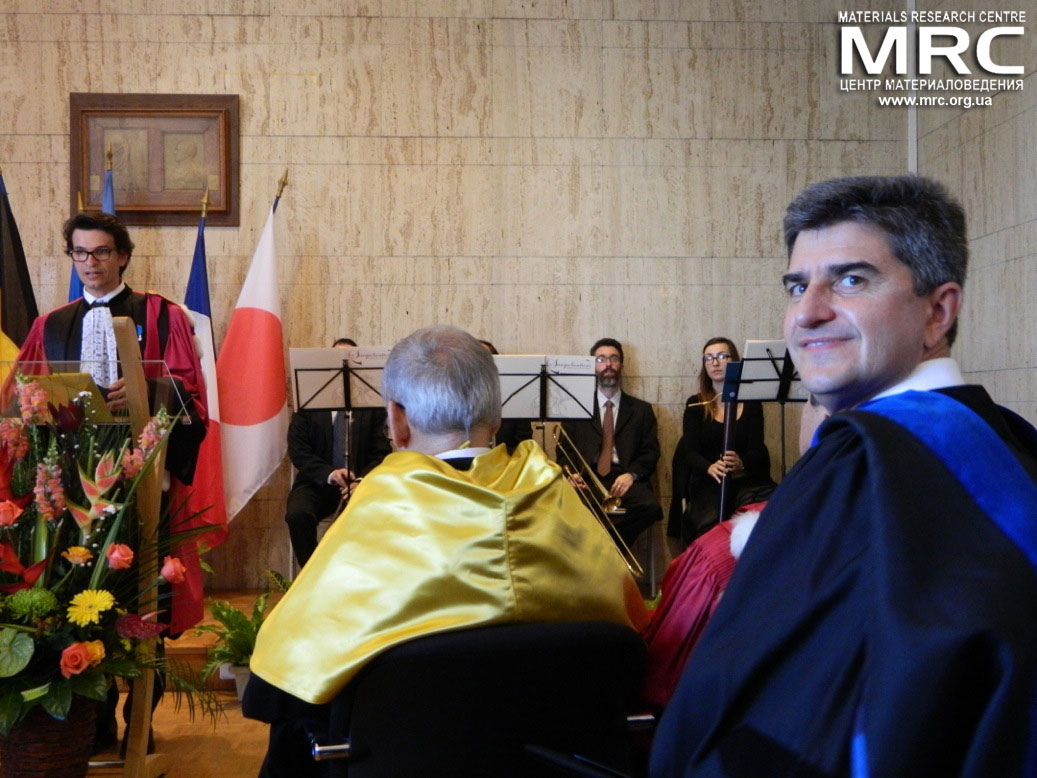
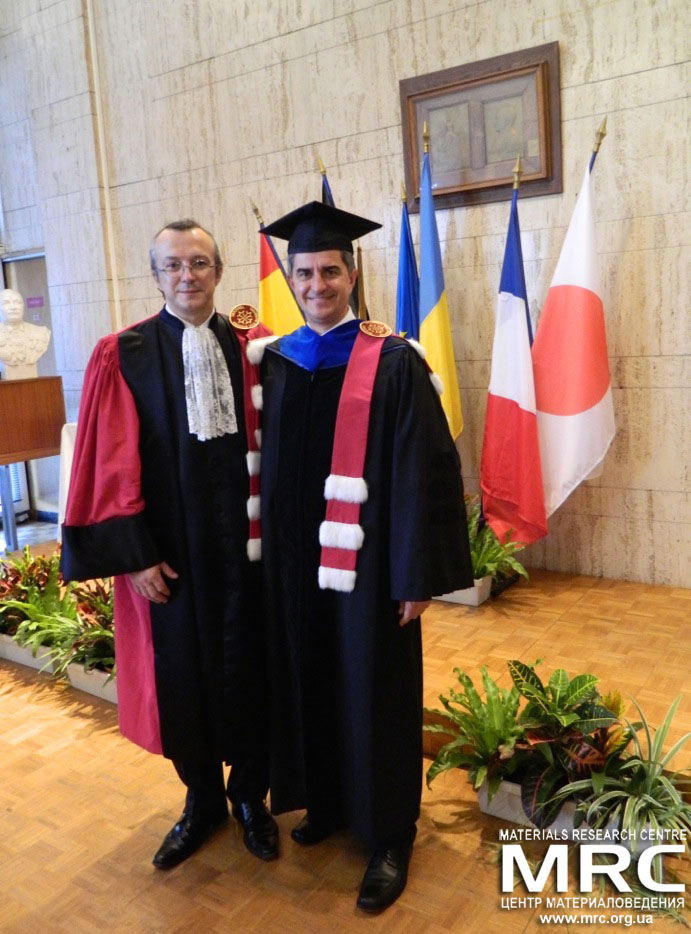
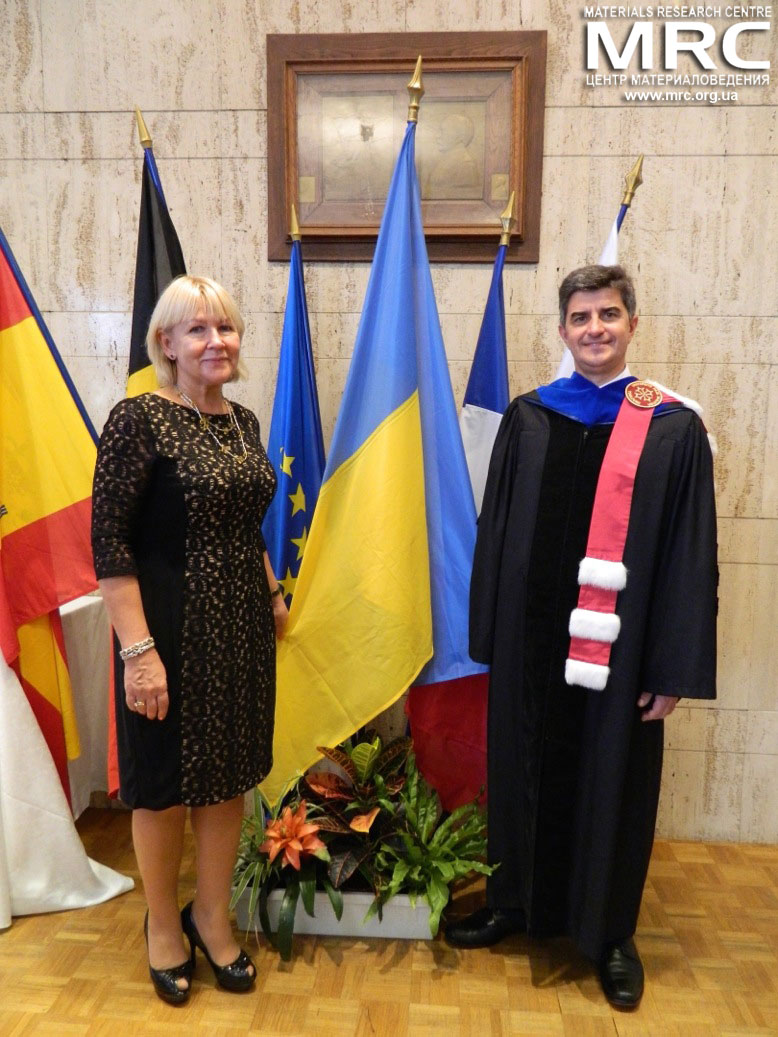
Source: http://www.univ-tlse3.fr/1412754167772/1/fiche___actualite/&RH=rub03



 Highlights
Highlights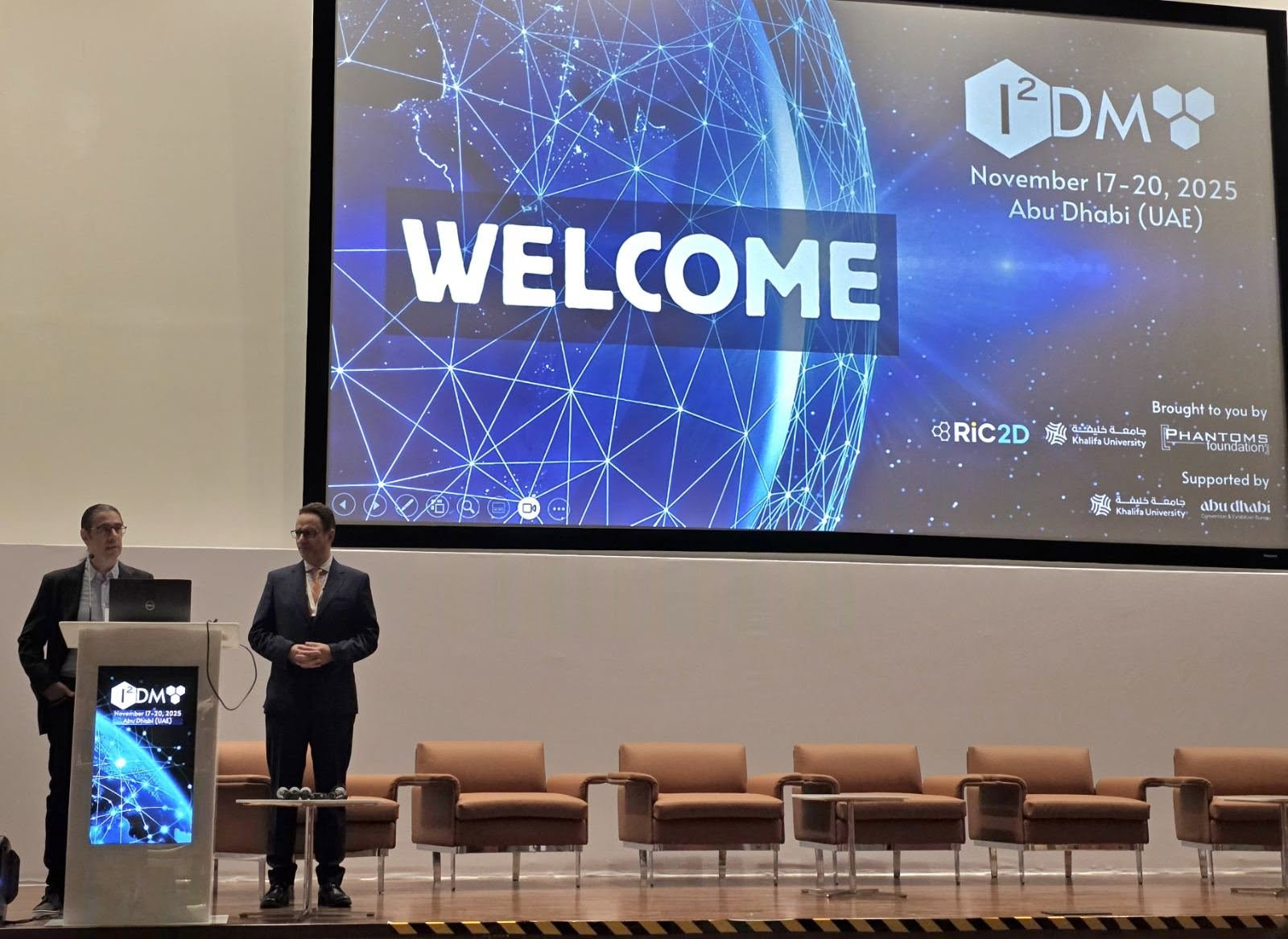 We are excited to share that our Carbon-Ukraine (Y-Carbon LLC) company participated in the I2DM Summit and Expo 2025 at Khalifa University in Abu-Dhabi! Huge thanks to Research & Innovation Center for Graphene and 2D Materials (RIC2D) for hosting such a high-level event.It was an incredible opportunity to meet brilliant researchers and innovators working on the next generation of 2D materials. The insights and energy from the summit will definitely drive new ideas in our own development.
We are excited to share that our Carbon-Ukraine (Y-Carbon LLC) company participated in the I2DM Summit and Expo 2025 at Khalifa University in Abu-Dhabi! Huge thanks to Research & Innovation Center for Graphene and 2D Materials (RIC2D) for hosting such a high-level event.It was an incredible opportunity to meet brilliant researchers and innovators working on the next generation of 2D materials. The insights and energy from the summit will definitely drive new ideas in our own development. Carbon-Ukraine team had the unique opportunity to visit XPANCEO - a Dubai-based deep tech startup company that is developing the first smart contact lenses with AR vision and health monitoring features, working on truly cutting-edge developments.
Carbon-Ukraine team had the unique opportunity to visit XPANCEO - a Dubai-based deep tech startup company that is developing the first smart contact lenses with AR vision and health monitoring features, working on truly cutting-edge developments. Our Carbon-Ukraine team (Y-Carbon LLC) are thrilled to start a new RIC2D project MX-Innovation in collaboration with Drexel University Yury Gogotsi and Khalifa University! Amazing lab tours to project collaborators from Khalifa University, great discussions, strong networking, and a wonderful platform for future collaboration.
Our Carbon-Ukraine team (Y-Carbon LLC) are thrilled to start a new RIC2D project MX-Innovation in collaboration with Drexel University Yury Gogotsi and Khalifa University! Amazing lab tours to project collaborators from Khalifa University, great discussions, strong networking, and a wonderful platform for future collaboration.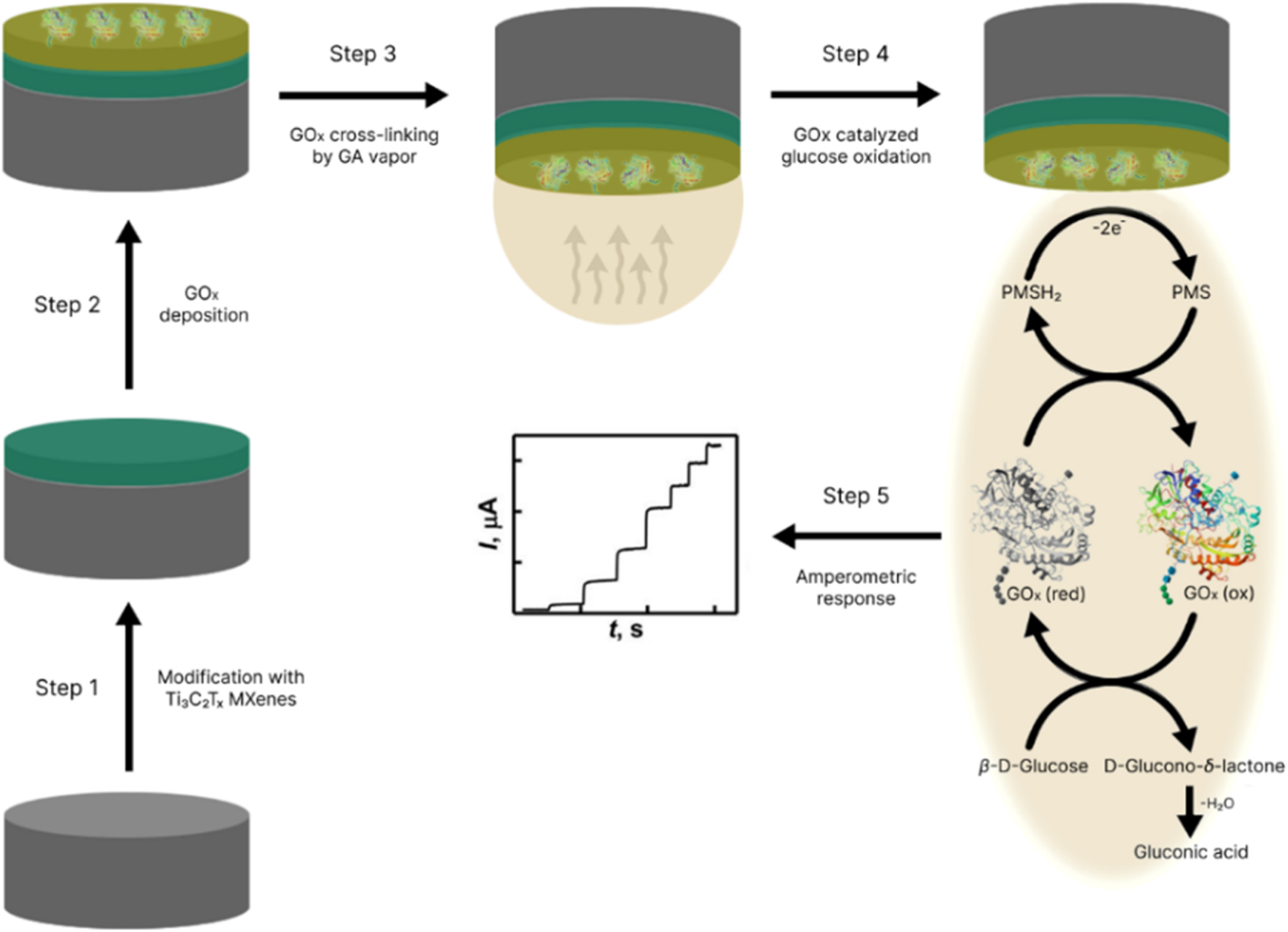
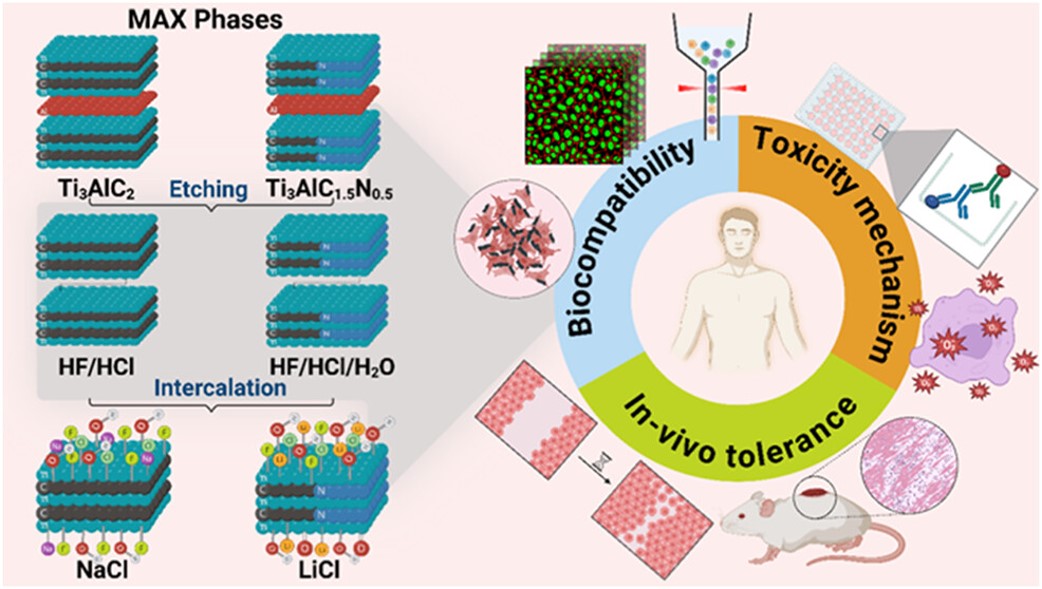 MXenes potential applications include sensors, wound healing materials, and drug delivery systems. A recent study explored how different synthesis methods affect the safety and performance of MXenes. By comparing etching conditions and intercalation strategies, researchers discovered that fine-tuning the surface chemistry of MXenes plays a crucial role in improving biocompatibility. These results provide practical guidelines for developing safer MXenes and bring the field one step closer to real biomedical applications.
MXenes potential applications include sensors, wound healing materials, and drug delivery systems. A recent study explored how different synthesis methods affect the safety and performance of MXenes. By comparing etching conditions and intercalation strategies, researchers discovered that fine-tuning the surface chemistry of MXenes plays a crucial role in improving biocompatibility. These results provide practical guidelines for developing safer MXenes and bring the field one step closer to real biomedical applications. An excellent review highlighting how MXene-based sensors can help tackle one of today’s pressing environmental challenges — heavy metal contamination. Excited to see such impactful work moving the field of environmental monitoring and sensor technology forward!
An excellent review highlighting how MXene-based sensors can help tackle one of today’s pressing environmental challenges — heavy metal contamination. Excited to see such impactful work moving the field of environmental monitoring and sensor technology forward!
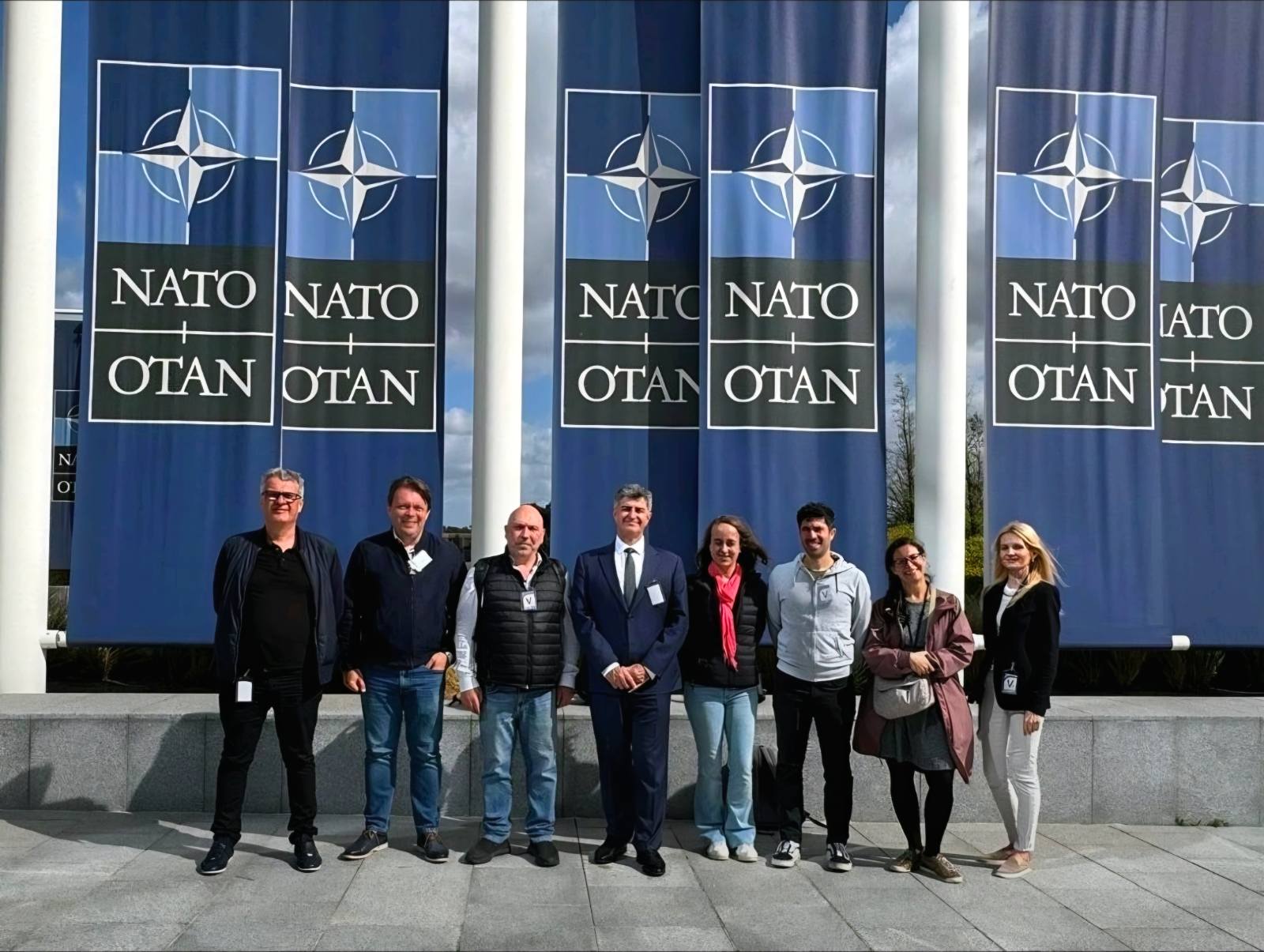 Carbon-Ukraine team was truly delighted to take part in the kickoff meeting of the ATHENA Project (Advanced Digital Engineering Methods to Design MXene-based Nanocomposites for Electro-Magnetic Interference Shielding in Space), supported by NATO through the Science for Peace and Security Programme.
Carbon-Ukraine team was truly delighted to take part in the kickoff meeting of the ATHENA Project (Advanced Digital Engineering Methods to Design MXene-based Nanocomposites for Electro-Magnetic Interference Shielding in Space), supported by NATO through the Science for Peace and Security Programme.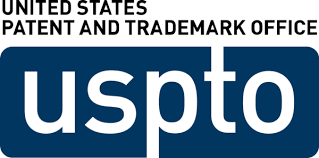 Exellent news, our joint patent application with Drexel University on highly porous MAX phase precursor for MXene synthesis published. Congratulations and thanks to all team involved!
Exellent news, our joint patent application with Drexel University on highly porous MAX phase precursor for MXene synthesis published. Congratulations and thanks to all team involved!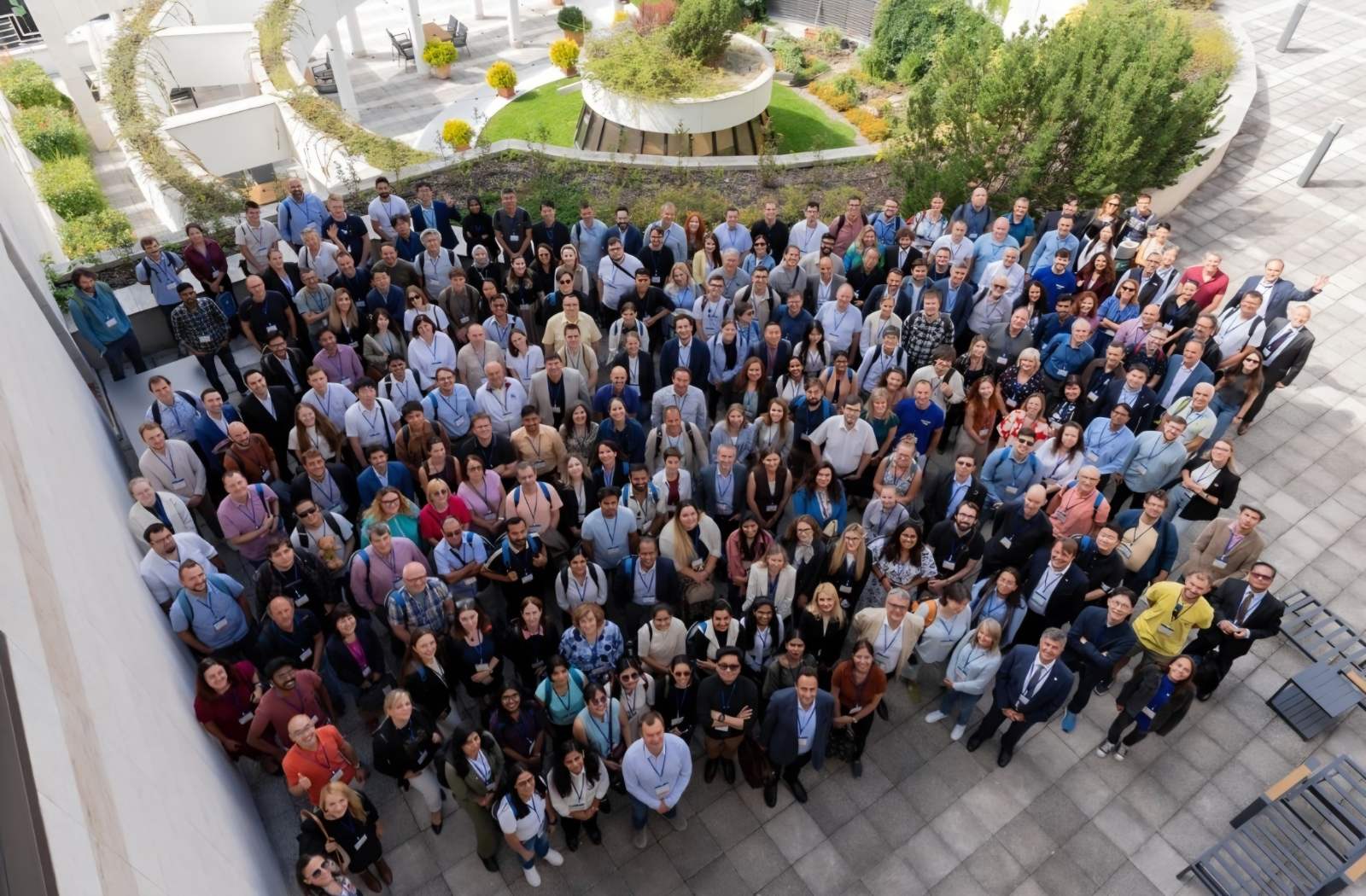 Our team was very delighted to take part in International Symposium "The MXene Frontier: Transformative Nanomaterials Shaping the Future" – the largest MXene event in Europe this year!
Our team was very delighted to take part in International Symposium "The MXene Frontier: Transformative Nanomaterials Shaping the Future" – the largest MXene event in Europe this year!  Last Call! Have you submitted your abstract for IEEE NAP-2025 yet? Join us at the International Symposium on "The MXene Frontier: Transformative Nanomaterials Shaping the Future" – the largest MXene-focused conference in Europe this year! Final Submission Deadline: May 15, 2025. Don’t miss this exclusive opportunity to showcase your research and engage with world leaders in the MXene field!
Last Call! Have you submitted your abstract for IEEE NAP-2025 yet? Join us at the International Symposium on "The MXene Frontier: Transformative Nanomaterials Shaping the Future" – the largest MXene-focused conference in Europe this year! Final Submission Deadline: May 15, 2025. Don’t miss this exclusive opportunity to showcase your research and engage with world leaders in the MXene field!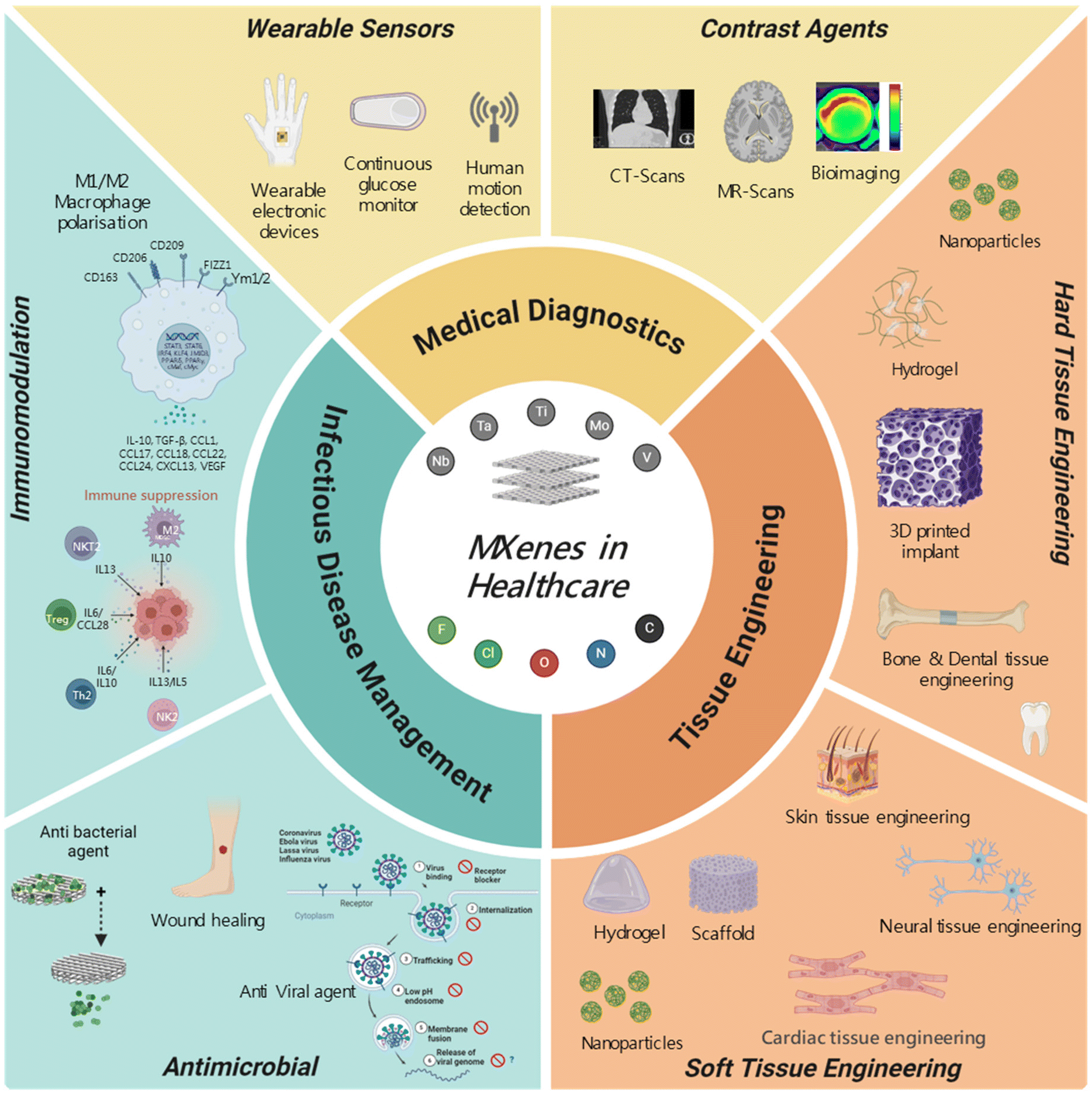 We are excited to announce the publication of latest review article on MXenes in Healthcare. This comprehensive review explores the groundbreaking role of MXenes—an emerging class of 2D materials—in revolutionizing the fields of medical diagnostics and therapeutics. Read the full article here: https://doi.org/10.1039/D4NR04853A.
We are excited to announce the publication of latest review article on MXenes in Healthcare. This comprehensive review explores the groundbreaking role of MXenes—an emerging class of 2D materials—in revolutionizing the fields of medical diagnostics and therapeutics. Read the full article here: https://doi.org/10.1039/D4NR04853A.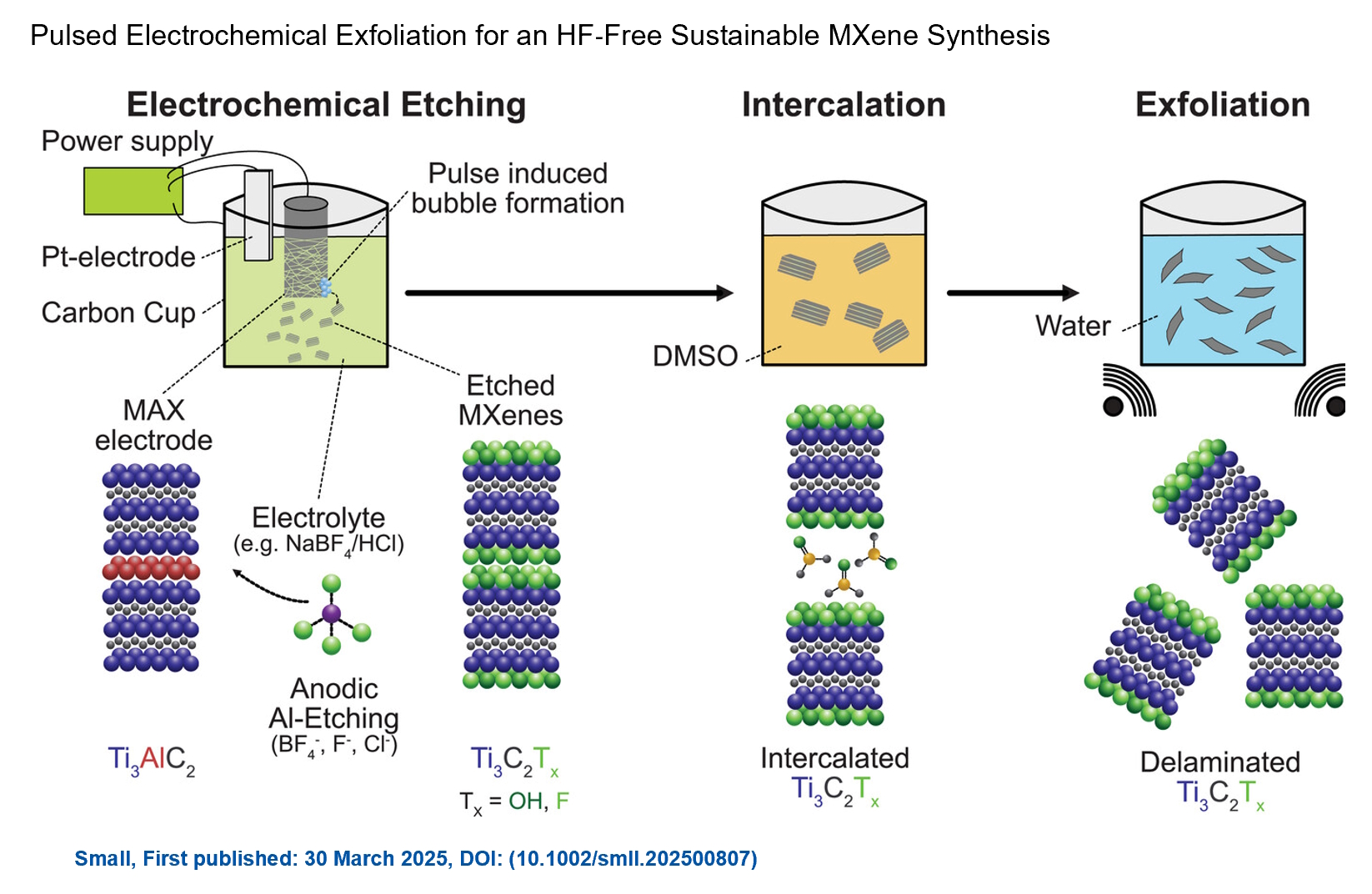 Congratulations and thank you to our collaborators from TU Wien and CEST for very interesting work and making it published! In this work, an upscalable electrochemical MXene synthesis is presented. Yields of up to 60% electrochemical MXene (EC-MXene) with no byproducts from a single exfoliation cycle are achieved.
Congratulations and thank you to our collaborators from TU Wien and CEST for very interesting work and making it published! In this work, an upscalable electrochemical MXene synthesis is presented. Yields of up to 60% electrochemical MXene (EC-MXene) with no byproducts from a single exfoliation cycle are achieved. Congratulations to all collaborators with this interesting joint work!
Congratulations to all collaborators with this interesting joint work!